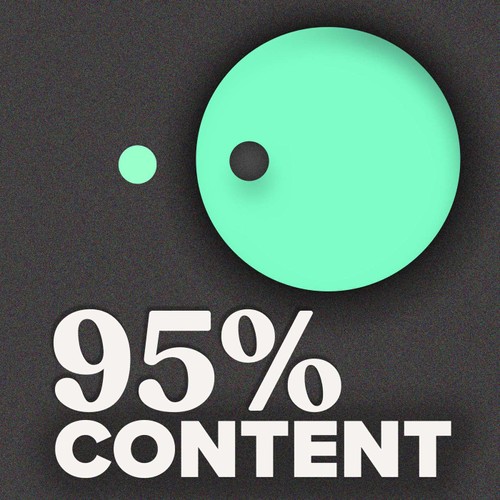
 95% Content
95% Content 10 Timeless Content Marketing Principles (with Dave Gerhardt)
33 snips
Mar 31, 2025 Dave Gerhardt, Founder of Exit Five and content marketing guru, dives into timeless content principles that withstand the test of time. He stresses the importance of truly knowing your audience and crafting relatable stories. Gerhardt emphasizes simplicity in messaging, the impact of consistent content, and the value of creative approaches over imitation. He advocates for addressing real customer needs and building authentic connections, highlighting that 'unscalable' content can lead to powerful word-of-mouth.
AI Snips
Chapters
Books
Transcript
Episode notes
Timeless Marketing Principles
- Study timeless marketing principles to stand out in the crowded B2B SaaS world.
- Focus on copywriting, storytelling, and direct response marketing.
The Purple Cow
- In a crowded market, differentiation is key to being noticed and remembered.
- Create a "purple cow" to stand out amongst the competition.
Know Your Customer
- Know your customer deeply to build trust and effectively market your product.
- Content marketing offers valuable feedback for product and messaging refinement.









